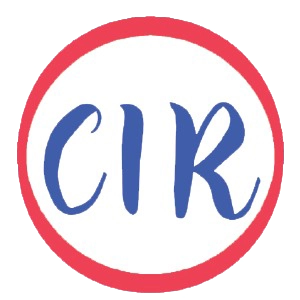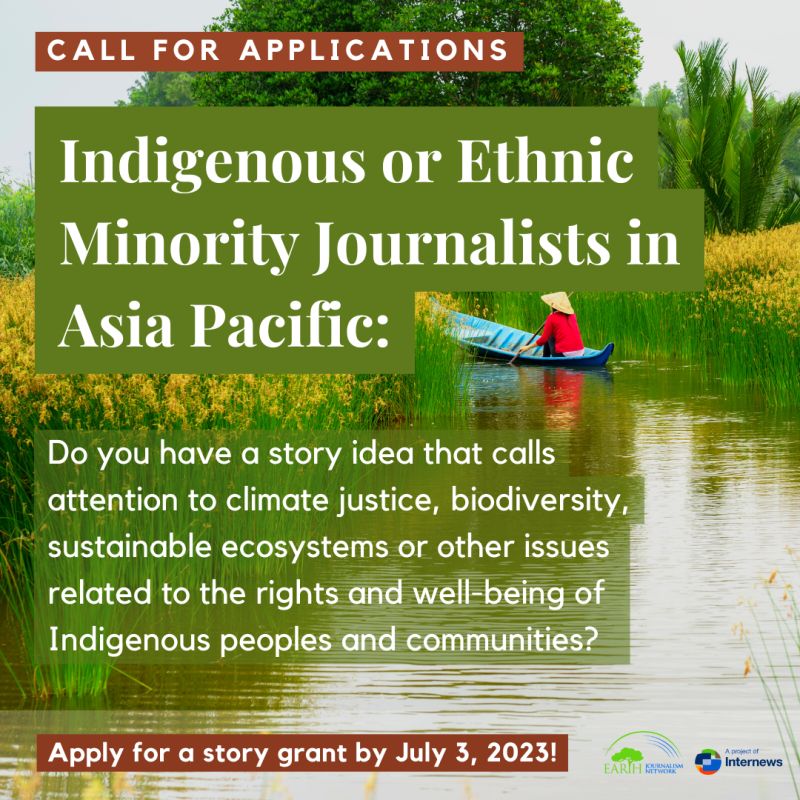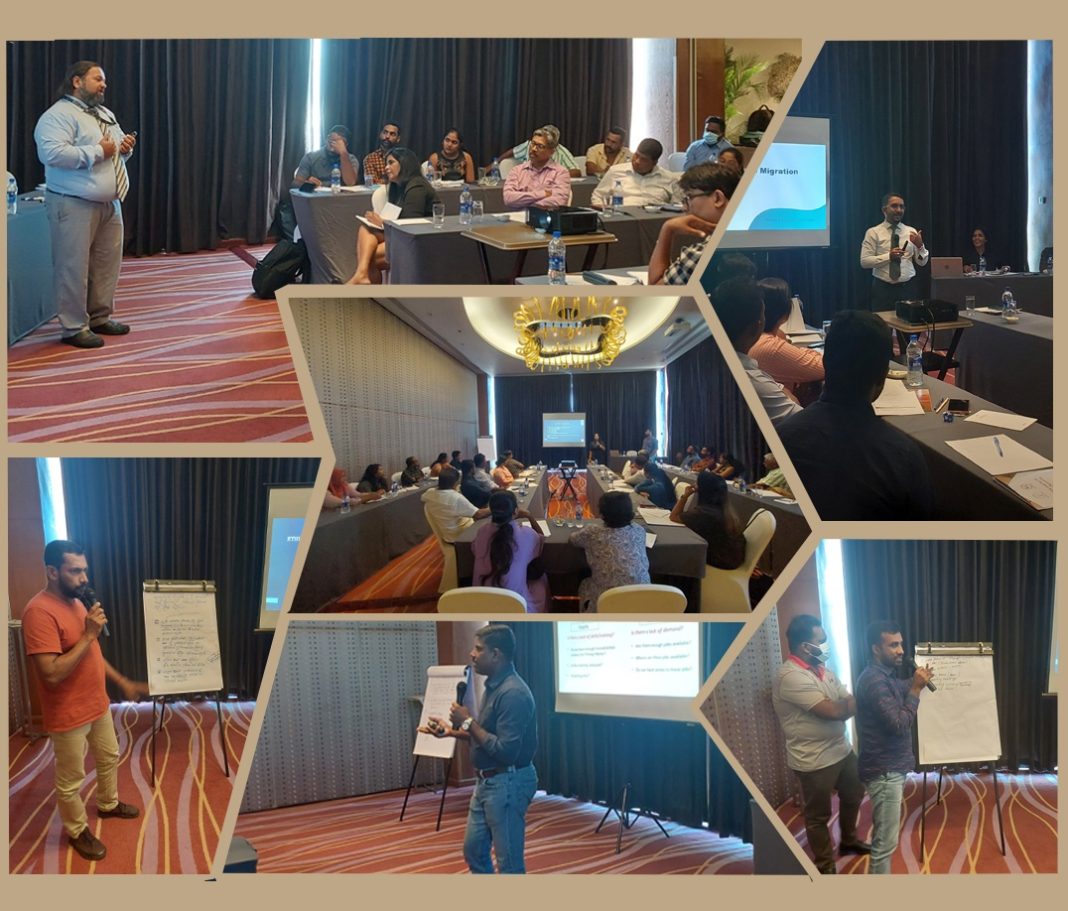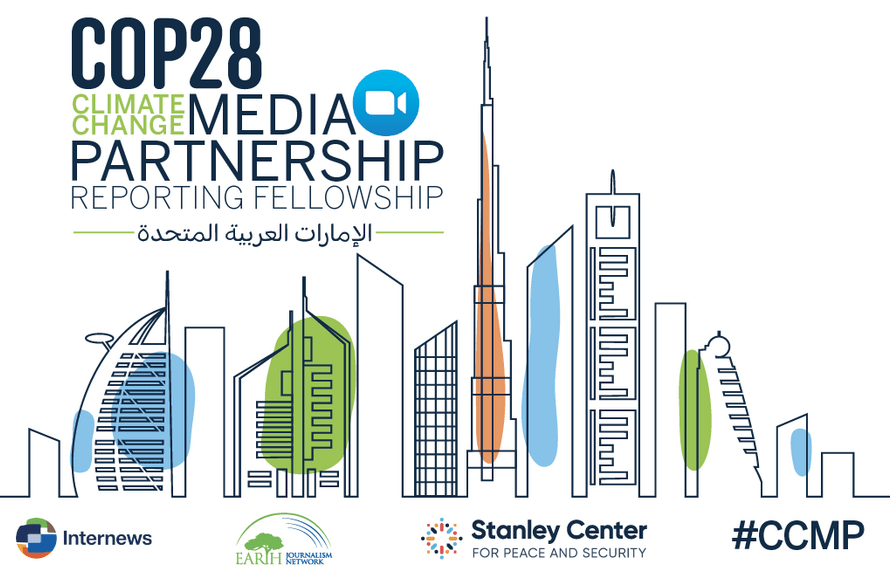EJN is offering reporting grants to journalists from Indigenous and ethnic minority groups to support the production of in-depth stories that will call attention to climate justice, biodiversity and other issues related to the rights and well-being of Indigenous peoples and communities.
Please read the following sections carefully, as they contain important information on eligibility and the application process.
Overview
The Asia-Pacific region is home to a large number of Indigenous peoples and ethnic minorities, who may self-identify as tribal peoples, hill tribes, forest peoples, scheduled tribes, orang asli and adivasis, among others.
They are the custodians of some of the most biologically diverse territories in the world; in fact, Indigenous peoples’ relationship to their lands and resources forms the core of their cultural, spiritual, social and political identity, as recognized in the UN’s Report on the State of the World’s Indigenous Peoples.
However, Indigenous peoples and ethnic minorities face the brunt of environmental injustice and climate impacts. Across Asia Pacific, as in other regions, their rights and territories are under extreme threat. For example, logging, now exceeding more than 19 times the sustainable rate, is decimating the forests stewarded by Solomon Islanders; the race to mine nickel and cobalt for electric vehicle batteries is costing Indonesia’s Indigenous tribes their lives. In many countries, the rights of Indigenous peoples and ethnic minorities are violated in the name of conservation – as when forest dwellers are evicted from their ancestral lands for the creation of national parks.
Yet, Indigenous perspectives on these critical environmental and climate issues are largely missing from the media landscape. A telling Oxfam report from 2019 found that less than 5% of the articles in Indian digital media were produced by journalists from Scheduled Castes/Scheduled Tribes. This under-representation has consequences, perpetuating stereotypes and misinformation about Indigenous communities and ethnic minorities around the world.
To address this issue, EJN’s Asia-Pacific project, with support from Sida, is pleased to offer approximately 20-25 story grants to selected journalists who identify as Indigenous or belonging to an ethnic minority from the Asia-Pacific region with a story grant to support the production of in-depth stories on key environmental and climate issues impacting Indigenous or minority communities, while highlighting the role of traditional knowledge systems and land-use practices that address these threats and build resilience. In addition to funding, selected journalists will receive support from experienced mentors through the story production process.
Story themes
We welcome any environmental story ideas including, but not limited to:
- how environmental and climate change issues impact the rights and well-being of Indigenous peoples and/or ethnic minorities.
- How conservation efforts and climate action impact the rights and well-being of Indigenous peoples and/or ethnic minorities.
- how traditional knowledge is being harnessed as a solution to intersecting crises of health, biodiversity and climate at the community level or in international multilateral spaces.
Journalists may also propose story ideas that focus on sustainable resource use, agroecological practices and traditional land management customs, insomuch as they address the role of Indigenous peoples and ethnic minorities as guardians of the environment.
We aim to support the production of stories that raise awareness about key Indigenous issues and drive conversation among communities and policymakers at the local, national, and regional level. We are particularly interested in cross-border collaborations and stories. Proposals that focus on topics or stories that have not been widely covered are preferred. Issues that have already received a lot of media coverage or don’t provide unique angles to environmental or climate challenges are less likely to be selected.
Eligibility
Applicants must self-identify as Indigenous and/or belonging to an ethnic minority and will be asked to provide details in the application. We will accept applications from journalists residing in low- and middle-income countries in Southeast Asia, South Asia, East Asia and the Pacific Islands. We will not accept applications from Australia, New Zealand, Central Asia or Middle East.
Journalists who are not Indigenous and/or belonging to an ethnic minority group are not eligible for this opportunity; however, we will accept applications from groups consisting of a mix of Indigenous and non-Indigenous journalists. In these cases, the Indigenous journalist must be the lead applicant. Lead applicants are responsible for communicating with EJN and receiving funds on the group’s behalf, if awarded.
For the purposes of this grant opportunity, we will accept applications in any major language but those we receive that are not in English will be subject to machine translation. Applicants must either have a working understanding of English or have a translator available to assist with communication with Internews staff.
Applications are open to journalists working in any medium (online, print, television, radio) and other expert media practitioners with professional reporting experience and a history of covering Indigenous and/or environmental issues. We encourage applications from freelance reporters and staff from all types of media organizations – international, national, local and community-based.
For this call, EJN invites applicants to pitch their story ideas in the form of a written proposal or a short video. If you are submitting a video application, please include English subtitles.
EJN reserves the right to disqualify applicants from consideration if they have been found to have engaged in unethical or improper professional conduct.
Please note: Advocacy-focused stories, opinion editorials and/or strategic communications pieces will not be considered for support.
Story logistics
We plan to issue 20-25 grants of up to $2000 each by mid-July 2023 with the expectation that all stories will be published by November 30, 2023 at the latest. Applicants should consider this timeline when drafting their work plan.
Safety: We encourage reporters to follow best practices for Covid-19 when out in the field, so you do not endanger yourself or the people you’re interviewing. If needed, you should include any Covid-related costs, such as tests or personal protective equipment, in your budget.
Language of publication: Stories can be produced in any language. We encourage stories that are produced in local languages for local audiences. However, applicants who intend to write or produce stories in their local language need to also include an English translation. Please include the cost for translation in the budget, if necessary.
Story budget: All applicants are required to provide a detailed budget with justification for the amount requested using the template provided below. We ask that the budgets be reasonable and account for costs necessary for reporting, such as travel, accommodation, translation and data visualization.
Generally speaking, applications with smaller budgets will be more competitive, but we will consider larger grant amounts for stories using innovative, collaborative or investigative approaches that may be more resource-intensive and time-consuming.
We expect that proposals will largely reflect what equipment the applicant already has access to (including cameras, drones, lighting, tripods, etc.) and will not consider budgets that heavily focus on purchasing new equipment.
We will consider a stipend for the reporters’ salary (not to exceed more than 30% of the total budget), particularly if the applicant is a freelancer.
Acknowledgement of EJN support: Published stories and/or broadcasts must disclose EJN support by including this tagline: “This story was produced with support from Internews’ Earth Journalism Network.” Exceptions may be considered on a case-by-case basis.
Republication rights: Those who are awarded grants are free to publish or broadcast their stories first in their affiliated media as long as Internews’ EJN, its partners and the grant funder are also given rights to edit, publish, broadcast and distribute them freely.
Judging criteria
Applicants should consider the following judging criteria when devising their story proposals.
- Relevance: Does the proposal meet the criteria and objectives of the call? Why does this story matter and to whom? Is the main idea, context and overall value to the target audience clearly defined?
- Objectivity: Is the proposed story likely to be a balanced and objective journalistic report? Journalists should take care that proposed sources represent (or at the very least, invite comment from) a diversity of stakeholders and perspectives: affected communities, scientists and researchers, policy experts and government officials and industry spokespersons. Advocacy-focused or communications pieces will not be considered.
- Angle: If the story has been covered, does your proposal bring new insights to the topic or offer a fresh angle?
- Impact: Does the proposal have a compelling narrative or investigative element that will inform and engage, draw attention, trigger debate and urge action?
- Innovative storytelling: The use of creative approaches, multimedia and data visualization will be considered a plus.
- Geographical diversity: Geographical distribution will be considered for the selection of grantees.
- Outlet: Stories that will be published or broadcast by media outlets that target Indigenous and ethnic minority audiences will be prioritized.
- Plan for timely publication: Reporters, whether freelance or employed at a media outlet, will need to include a letter of support from an editor in their application, committing to publish or broadcast their stories by November 30, 2023.
Examples of environmental stories about Indigenous Peoples
- The Last of Nepal’s Traditional Tharu Healers
- Indigenous Groups in Indonesia’s Mentawai Islands Resist the Exploitation of their Territories
- Global Race for Electric Car Components is Threatening Indigenous Peoples in Indonesia
- Sustainable Livelihood Offers a Lifeline to Philippines Dying Rice Terraces
- Conservation and Local Economy to Harmonize in Crucial Habitat of Rare Javan Gibbons
- Meet the Vigilante Grandfathers Protecting Indigenous Forest Life in Cambodia
- Grandmother’s Gift: Can Traditional Pacific Island Knowledge Help Manage our Oceans?
- What’s Blocking Indigenous Peoples and Local Communities in Nepal from Claiming their Biodiversity Rights?
- Indigenous Communities – Bodyguards of Forests in Vietnam
- Development Projects are Illegally Removing Stones from Streams in Bandarban, Bangladesh
- Loggers with Cash in Hand Divide Kelantan Orang Asli Community
- Healthy Mangroves Build a Resilient Community in the Philippines’ Palawan
- Indigenous Snake-Venom Tappers Lose Livelihoods in India
- The Devastating Cost of India’s Push Toward a Coal-based Economic Recovery
- Indigenous Group Faces Eviction for ‘New Bali’ Tourism Project in Sumatra
Application process
- Click the ‘Apply now’ button at the top of the page.
- If you have an existing account, you’ll need to log in. Since we recently updated our website, you might have to reset your password by clicking the “Forgot password?” link in the log in page. If you don’t have an account, you must register by clicking “Log in” on the top right of the page and click the “Sign up” link at the bottom of the page that opens. Click here for detailed instructions on how to create an account, and here for detailed instructions on how to reset your password.
- You may apply for this opportunity by submitting a written proposal in any language or a short video. If you submit a video application, please include English subtitles. If you start the application and want to come back and complete it later, you can click ‘Save Draft.’ To return to the draft, you’ll need to go back to the opportunity and click ‘Apply now’ again to finalize the application. Applications should provide a detailed budget in an Excel spreadsheet with justification for the amount requested. Download the budget template now by clicking on this link.
If you encounter difficulties with submitting your application or have questions about the grants, please email info.ejn@internews.org. Do not contact any other Internews email regarding this opportunity, as we will not receive it.
Applications submitted after the deadline will not be considered.
Banner image: The Ifugao, an Indigenous tribe from the northern Philippines, are particularly vulnerable to the impacts of climate change / Credit: Imelda Abaño.




